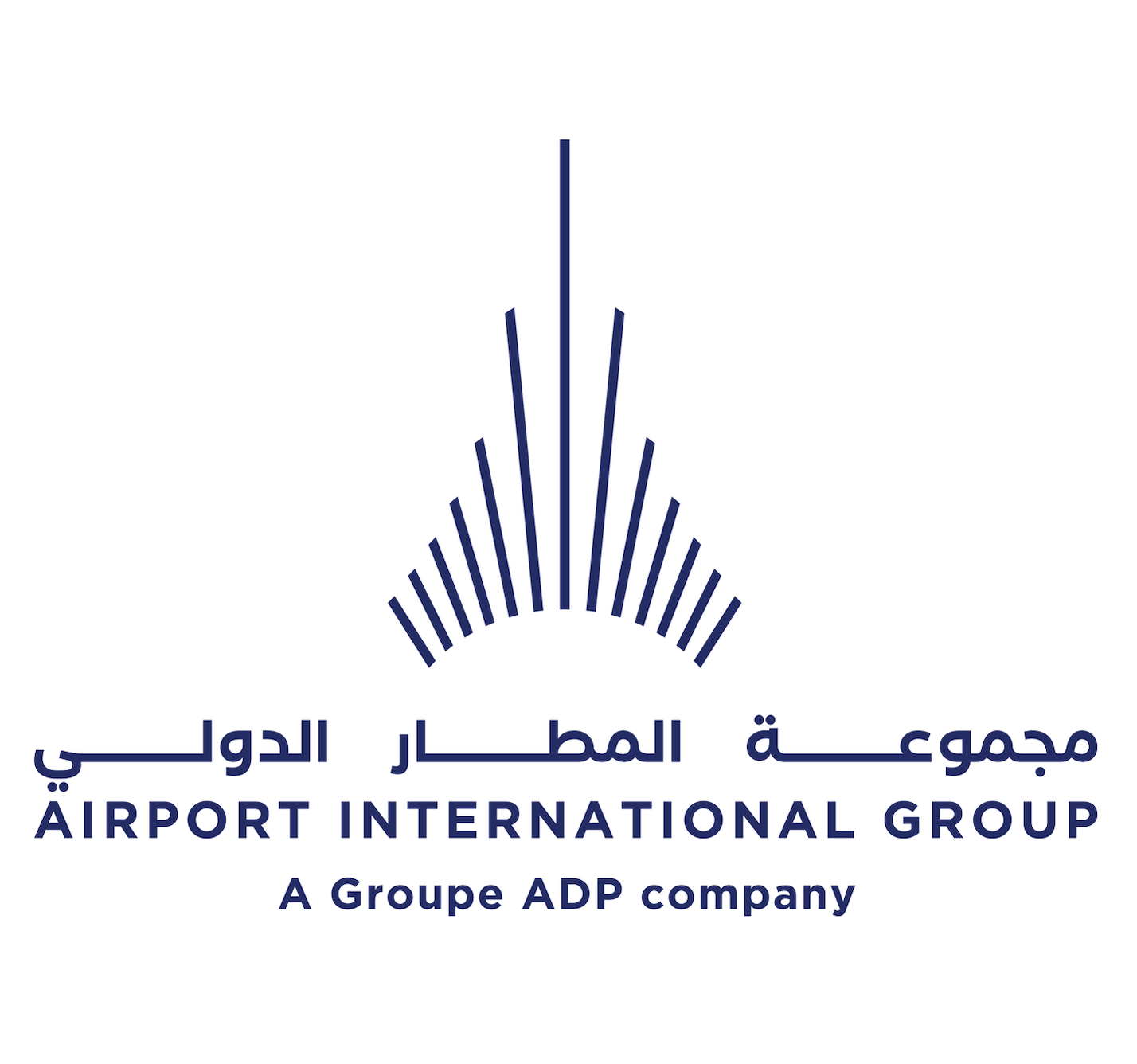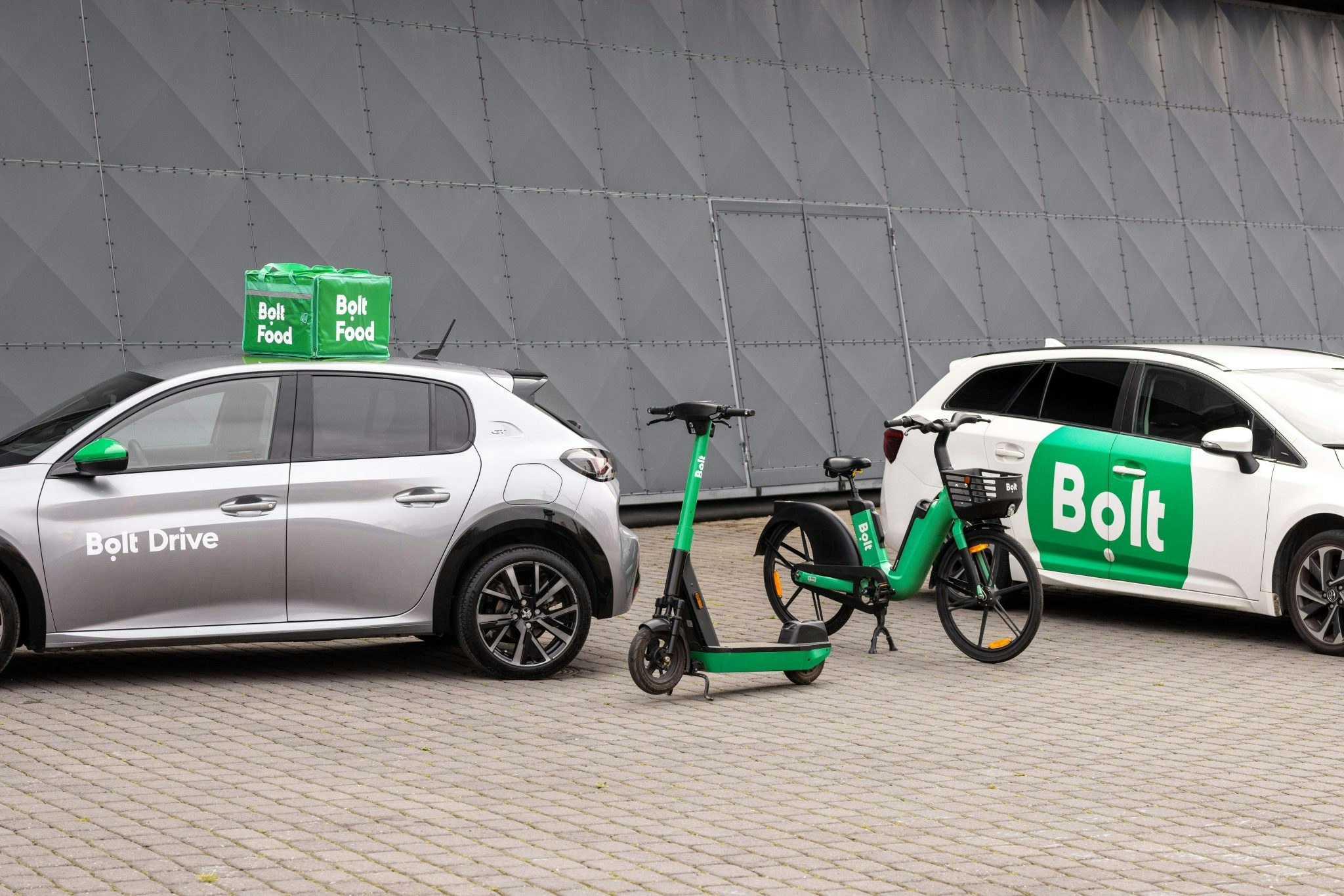One of the first things UK founder Duncan Walker did after setting up electric vertical take-off and landing (eVTOL) vertiport company Skyports was look to the Middle East.
Countries around the world want less polluting ways to move people around — aviation is currently responsible for 2.5% of global CO2 emissions — but it’s the Middle East, Walker says, where you can really get things done.
“We can do stuff in the Middle East in six months that would take two-and-a-half years [in the UK],” he says, referring to things like obtaining planning permission and setting up electrification. “For startups that need to demonstrate business models and revenue streams, and don’t have the luxury of sitting on a big balance sheet, it’s important.”
Skyports has had staff in the region since it launched in 2018 — and earlier this year, it announced a deal with Dubai’s Roads and Transport Authority (RTA) and US eVTOL maker Joby Aviation to get an air taxi service up and running by 2026. The deal is part of a push by the RTA to have a zero-emissions public transport network by 2050.
By proving its model in UAE, Skyports hopes to show other countries what they're missing out on.
It’s not the only aviation startup with this plan. There are 78 sustainable aviation companies across Europe, according to data platform Dealroom, working on technologies from biofuel to eVTOLs. Many are looking to the Middle East: in July German air taxi developer Lilium signed its biggest deal yet with Saudi Arabian airline Saudia Group, which will purchase up to 100 of its all-electric flying machines. Spanish eVTOL company Crisalion, meanwhile, has an agreement to run test flights of its six-passenger air taxis in Dubai.
In 2022, Dubai’s Strategic Development Fund invested in Bulgarian cargo drone maker Dronamics. The startup is now working with mail operator Emirates Post and courier company Aramex to test its drones for deliveries. Founder Svilen Rangelov says governments in the region “have large ambitions and the longevity to execute on them”.
The Middle East’s aviation sector is experiencing “rapid growth” in terms of passenger numbers and new airlines being created, says Alpros Hamzouq, director of quality, safety and risk management at Jordanian airport operator Airport International Group, a Groupe ADP company. “To accommodate this and meet the rising need for a better and more exclusive passenger experience, new airports are being constructed, and existing ones are being renovated to align with future aviation trends, necessitating innovative technology and enhanced design, safety and operational complexities.”
The Middle East startup scene
Middle Eastern funding accounted for 5% of all funding for European startups in 2023, according to Dealroom. At home, the startup scene is evolving, too.
We have lots of incubators, accelerators and activity, but funding is missing
Funding across the Middle East is down compared to the highs of 2020 and 2021, but positive signs are emerging. The $381m invested into MENA startups in Q2 2024 was a 54% year-on-year uptick according to data from Dubai analytics company MAGNiTT. Saudi Arabia and the UAE generally receive the lion’s share of funding, but smaller markets are gaining momentum. In H1 2024 Kuwait brought in $14m, up 250% year-on-year, while Morocco also saw an increase from $13m to $17m. Jordan, meanwhile, now ranks as the fourth-most funded market in the region having attracted $246m across 220 deals between 2018 and 2022.
“MENA has seen a boom since 2018 in funding and number of startups,” says Luma Fawaz, the CEO of Jordan-based investment fund and accelerator Oasis500. “Jordan is a vibrant ecosystem. We have lots of incubators, accelerators and activity, but funding is missing. Most of our entrepreneurs tend to go to Saudi and the UAE to scale.”
Boosting Jordan’s aviation startup ecosystem
The Middle East has become the centre of the world for logistics
The region as a whole is open to disruption, and the aviation sector is no exception, says Philip Bahoshy, MAGNiTT’s founder. “The Middle East has become the centre of the world for logistics,” he says. “[You have] Etihad, Emirates, Saudi Airlines and [other] notable aviation players domiciled in the Middle East with networks that connect north, south, west and east. Any solutions that can support their efforts are welcome, and there’s a key corporate focus on technology around that.”
Last year, airports in Jordan saw an 18% surge in passenger traffic, prompting demand for innovative solutions to help airports manage the extra volume. Oasis500 has worked with state airline Royal Jordanian to identify cross-sector opportunities to collaborate with startups, while support for startups more generally is being ramped up by the country’s Innovative Startups and SMEs Fund, which has committed $5m to Oasis500 and another $5m to a Global Ventures fund focusing on the region.
Airport International Group is also looking to support startups that can help it reduce emissions and provide better experiences for travellers, with new passenger experience, security and safety, and sustainability solutions particularly interesting to the airport operator.
“The design, size and organisation of Queen Alia International Airport — Jordan’s largest airport — facilitates the swift set up of proof of concepts, allowing aviation startups to test and validate their innovations in a real-world environment,” says Hamzouq.
International airport operators Groupe ADP, TAV Airports and Airport International Group (AIG) are hosting Airport Innovation Days for startups to pitch for prize money, meet investors and get the chance to work with major aviation groups. Apply here.




